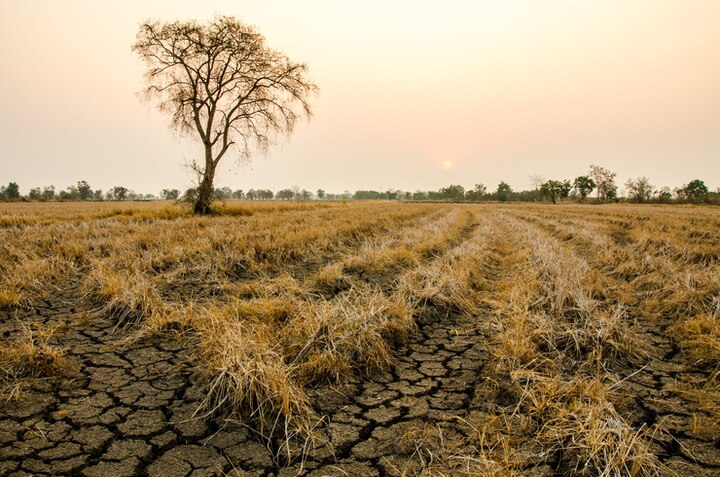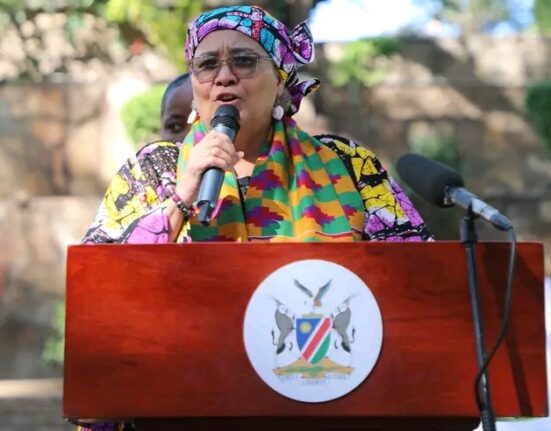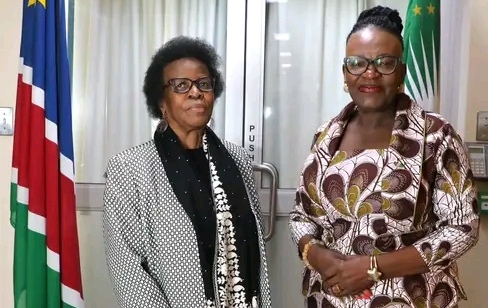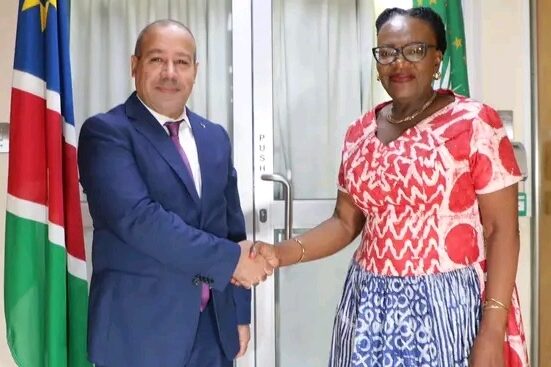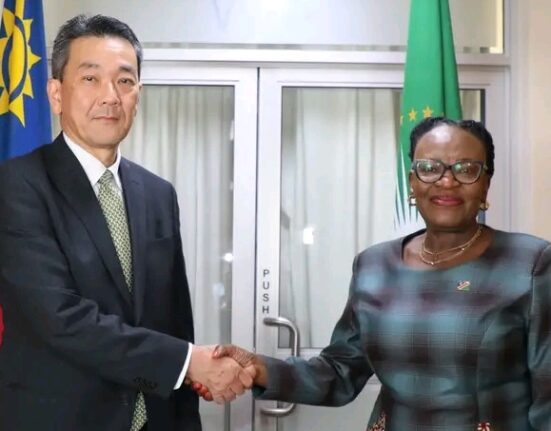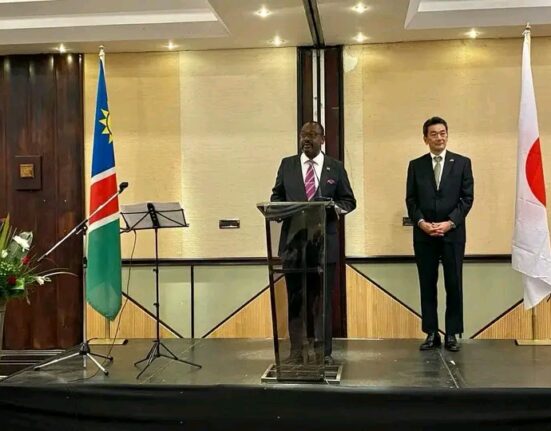Namibia Ramps Up Drought Response to Support Affected Communities. Namibia is intensifying its drought relief efforts as severe dry conditions continue to threaten communities, agriculture, and water access across the country. The Ministry of Agriculture, Water and Land Reform is expediting various intervention measures to mitigate the crisis and provide immediate relief.
Agriculture Minister Calle Schlettwein emphasized the need for swift action, acknowledging the challenges faced by both the government and citizens. He stressed that the ministry must accelerate the implementation of planned drought relief measures to minimize the devastating impact of water shortages and food insecurity.
The government has prioritized several initiatives aimed at addressing water scarcity and improving infrastructure in rural areas. These measures include:
- Construction of Earth Dams: Sixteen new earth dams are being built to provide water storage for communities and livestock.
- Borehole Drilling: The government plans to drill 136 boreholes to improve groundwater access in drought-stricken regions.
- Sanitation Infrastructure: Installation of 238 sanitation facilities in rural areas will improve hygiene and living conditions for affected communities.
Schlettwein highlighted that these measures are designed to safeguard livelihoods, particularly for rural populations that depend on agriculture. He also called on all stakeholders, including local governments and development partners, to increase their efforts in addressing the crisis.
Namibia’s prolonged dry spells have led to significant losses in livestock, worsening food shortages, and further straining the country’s water resources. The crisis is particularly severe in rural areas, where communities rely on livestock farming and crop production for their livelihoods.
The Erongo region, one of the hardest hit by water shortages, has formed the Erongo Water Crisis Committee to address ongoing water challenges. Governor Neville Andre highlighted the urgent need to repair leakages, curb vandalism of water infrastructure, and eliminate illegal water connections, which further strain the region’s supply.
Andre also emphasized the importance of fast-tracking critical infrastructure projects, including borehole drilling, desalination efforts, and the expansion of rural water supply networks. These projects are expected to enhance water security and reduce the effects of drought on vulnerable communities.
Namibia’s government remains committed to tackling the drought crisis through infrastructure development and improved water management. However, authorities stress the need for rapid execution of these measures to prevent further disruption to food security and livelihoods. The success of these efforts will depend on coordinated action between government agencies, private stakeholders, and local communities.







